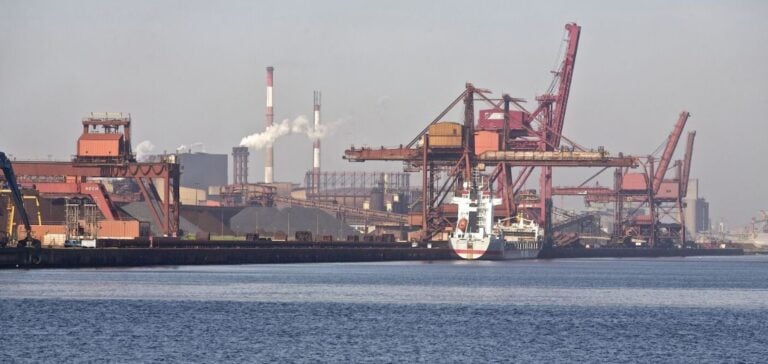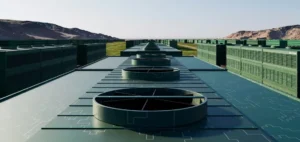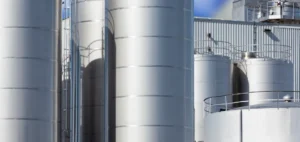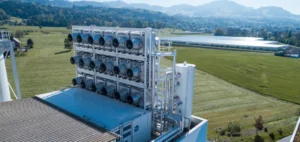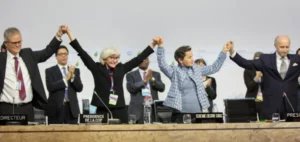GRTgaz and Equinor have signed an agreement to develop a carbon transport and sequestration project. The aim is to build an onshore and offshore network linking Dunkirk to sequestration sites in the North Sea. This project aims to decarbonize the Dunkirk industrial port area, which accounts for 20% of French industry’s CO2 emissions. The Dunkirk region is an integral part of the 2030 decarbonization plan.
The network will include a 30 km onshore pipeline to transport the captured CO2 to a compressor station. The CO2 will then be transported via an offshore pipeline to safe geological sequestration sites under the sea off Norway. The project, scheduled for 2029, is part of France’s 2030 carbon capture and storage (CCUS) strategy.
A strategic partnership
Thanks to their complementary skills, GRTgaz and Equinor will cooperate on the development of transport and CO2 sequestration infrastructures. Feasibility studies are underway, and basic engineering studies will begin in late 2024. This partnership is in line with France’s decarbonization plan and strengthens green industrial collaboration between France and Norway.
Management declarations
Sandrine Meunier, Managing Director of GRTgaz, said: “We are proud of this partnership with Equinor, which will bring an effective decarbonization solution to France. Our infrastructures will play a key role in the CO2 value chain.”
Grete Tveit, Senior Vice President Low Carbon Solutions at Equinor, added: “CCS offers a viable solution for industries that cannot decarbonize through low-carbon energy. Our collaboration with GRTgaz will help French industries maintain their development while reducing their carbon footprint.”
Project impact
This project contributes to the International Energy Agency’s (IEA) Net Zero Emission scenario, which aims to capture 7.6 Gt of CO2 per year by 2050. In addition to Dunkirk, other French regions will be able to connect to this infrastructure, reinforcing national and European efforts to decarbonize industry.
The cooperation between GRTgaz and Equinor illustrates a significant step towards a sustainable energy future. The two companies are combining their expertise to develop large-scale CO2 transport and sequestration solutions, in support of France’s and Europe’s climate objectives.
Long tail: Carbon sequestration partnership
Meta-description : GRTgaz and Equinor are collaborating on an ambitious carbon sequestration project to reduce industrial emissions in France by 2029.
Countries listed: France, Norway
Companies mentioned: GRTgaz, Equinor
Tags : GRTgaz, Equinor, carbon sequestration, Dunkerque, North Sea, France 2030, CCUS, Sandrine Meunier, Grete Tveit
Theme: Commercial partnerships
Photo ideas :
An aerial view of the Dunkirk industrial port zone, showing the industrial infrastructure.
Technicians supervising a CO2 compression plant or an offshore sequestration station.


